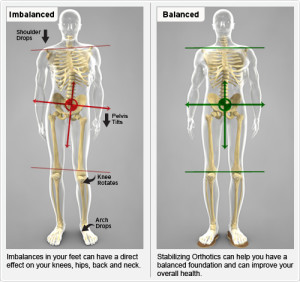Fibromyalgia Redcliffe wellness
- Home
- Fibromyalgia Redcliffe wellness
Fibromyalgia @ Redcliffe Wellness
Fibromyalgia Pain & Fatigue



What is fibromyalgia?
Fibromyalgia is a name given to a group of symptoms marked by generalised pain and muscle stiffness. These symptoms can be felt in all different areas of the body. Extreme fatigue (tiredness) and sleep problems are also common in fibromyalgia.
Fibromyalgia does not cause inflammation or damage to the painful areas, but may be due to an overactive pain system. Fibromyalgia is different to polymyalgia rheumatica, a type of arthritis in which symptoms are felt more in the muscles.
The good news is that progress is being made in scientifically understanding fibromyalgia. It is important to remember that, with help and better understanding, the symptoms can be better managed. ‘Ask us how we can help you?’
What are the symptoms?
The most common symptoms of fibromyalgia are:
- pain – usually aching, stiffness and tiredness of muscles. Pain may be worse after rest (eg. first thing in the morning) or after activity
- extreme fatigue (tiredness), making it difficult to do your normal daily activities
- poor sleep
- problems with concentration and memory
- irritable bowel (diarrhoea, stomach pain).
What causes it?
It is not known what causes fibromyalgia. It may be more common in people who have:
- inflammatory arthritis (for example, rheumatoid arthritis)
- an illness, such as a virus (or following an illness or infection)
- pain from an injury or trauma
- experienced emotional stress and depression.
For many people fibromyalgia starts without any obvious cause. Research suggests that the body may become extra sensitive in the way it signals and processes pain in people with fibromyalgia.
How is it diagnosed?
Fibromyalgia can be difficult to diagnose. The body’s tissues appear normal when examined by a doctor. There are no blood tests, x-rays or scans that can test for fibromyalgia. Your doctor or rheumatologist (arthritis specialist) will look for a number of features that are typical of fibromyalgia to diagnose the condition. Questionnaires on the internet or in magazines that you can fill out at home only screen for fibromyalgia. You will still need to have a diagnosis of fibromyalgia confirmed by an experienced doctor.
What will happen to me?
The good news is that the muscles and joints of people with fibromyalgia are not being damaged. It is important to remember that, with help and better understanding, the symptoms can be effectively managed. The symptoms of fibromyalgia may range from very mild to severe. They may last for many years or they may come and go at different times. With the right advice most people find they learn to manage the pain and tiredness over time. Health professional input may be required at times if the pain is more severe and affecting your normal activities.
Can fibromyalgia be cured?
Currently there is no cure for fibromyalgia. While there are ways you can control your symptoms, you should be wary of any products or treatments that claim to cure fibromyalgia.
copy and pasted from Arthritis Australia 31 January 2020
